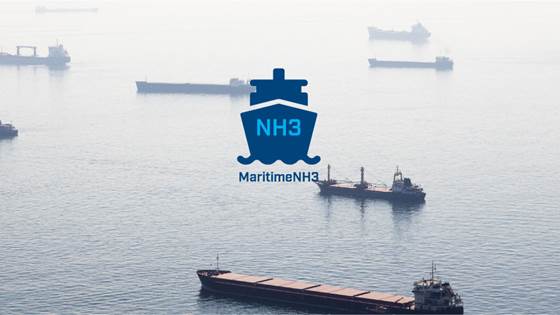
MaritimeNH3 – Enabling implementation of ammonia as a maritime fuel
MaritmeNH3 will develop and disseminate new knowledge to facilitate the realisation of a cost-efficient value chain and safe use of ammonia (NH3) as a zero-carbon maritime fuel.

MaritmeNH3 will develop and disseminate new knowledge to facilitate the realisation of a cost-efficient value chain and safe use of ammonia (NH3) as a zero-carbon maritime fuel.
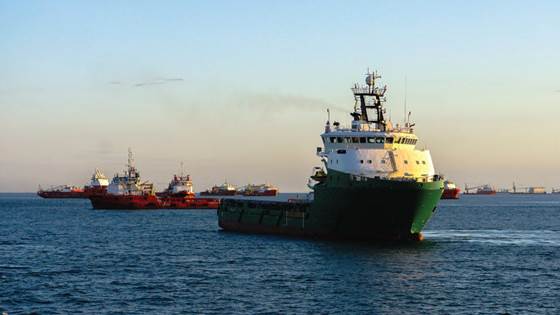
The International Maritime Organization (IMO) targets 50% lower annual greenhouse gas (GHG) emissions from maritime transport by 2050 compared to 2008, and even pursues efforts towards phasing them out entirely. The challenge is to substantially...
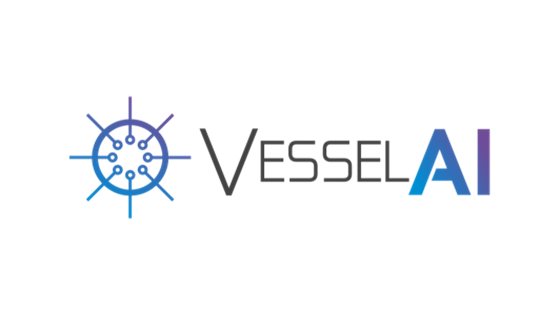
Enabling Maritime Digitalization by extreme-scale Analytics, AI and Digital Twins
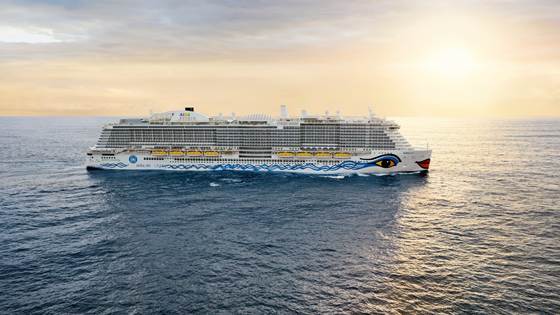
Development of innovative and integrated cooling and heating concepts onboard cruise ships
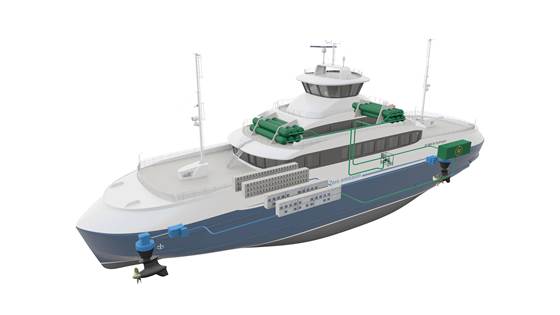
Electrification of the transport sector can be achieved with hydrogen and/or battery technologies. The modular nature of these components allows for individual tailored sizing of the power system, perfectly adapted to specific requirements. Optimum...
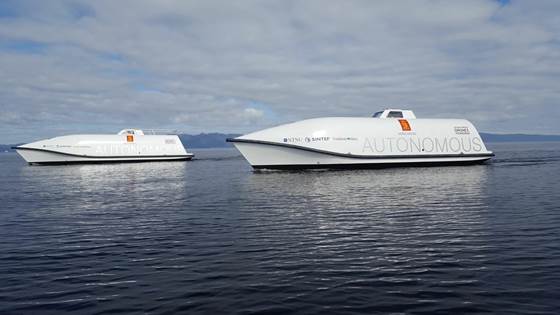
ARTISAN aims to improve autonomous ship navigation and thereby contribute to more efficient and competitive ship operations while reducing the vessels’ environmental impact.
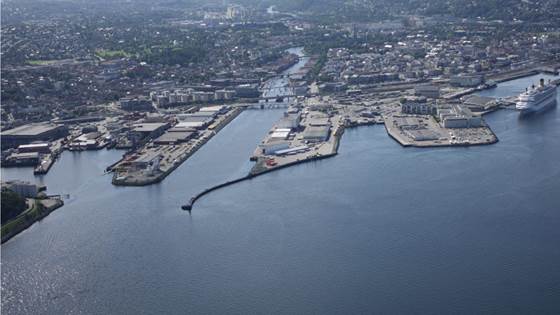
Challenges related to the electrification of maritime transport are now being mapped in a new SINTEF project with port authorities, grid companies, energy companies and ship-owners as partners. The aim is to reduce emissions by making the...
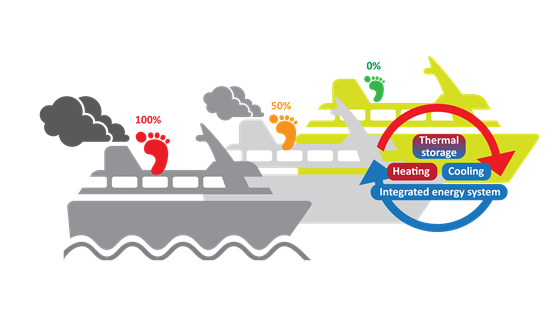
Developing innovative design methodologies for low-emission hotel facilities on passenger ships.
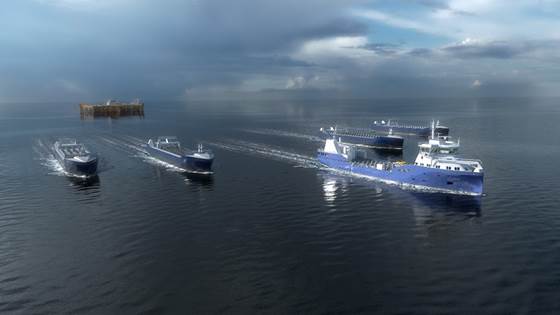
AUTOSHIP focus on autonomous ships, and the use of them in waterborne transport systems.
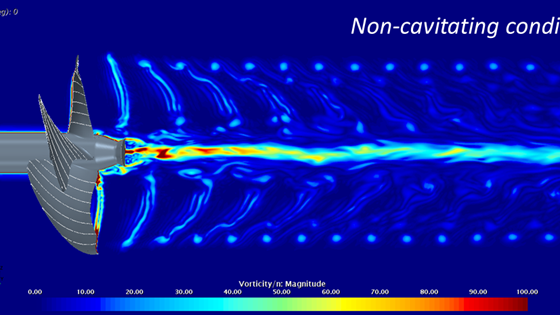
Analysis Methods and Design Measures for the Reduction of Noise and Vibration Induced by Marine Propellers.
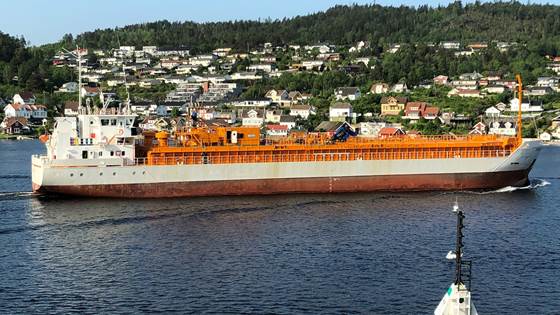
The CO2LOS projects focuses on ship transport of CO2. CO2LOS was started as a small-scale initiative from Brevik Engineering AS and SINTEF and investigated the potential for ship transport in CCS- and possible pathways to reduce the cost of CO...

The innovation project has contributed to the development of a new integrated maritime sensor platform for detection and classification of safety-critical objects around a ship. Real sensor data from a larger ship has been used as test data in the...
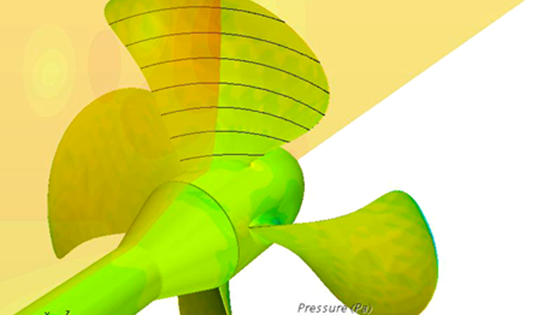
Flexible propulsors for marine applications.
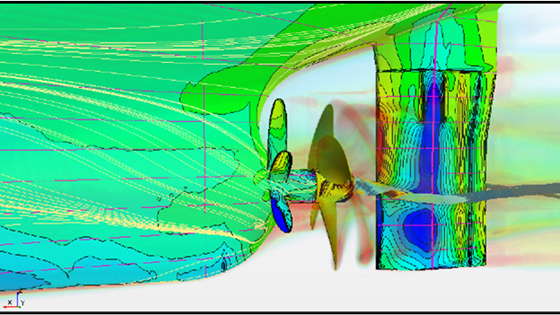
Design Considerations and Performance Evaluation of Energy Saving Devices for Deep-Sea Vessels towards Green Shipping.
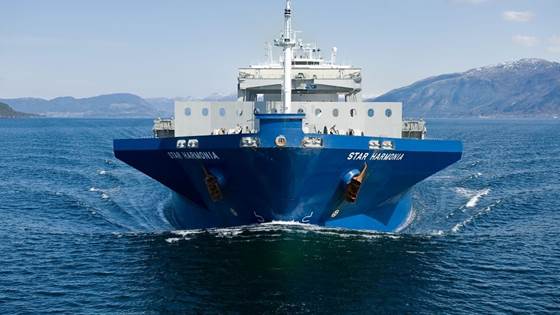
To create innovations securing sustainability and competitiveness of the maritime transport sector. By developing new knowledge, methods and technologies and educating students.
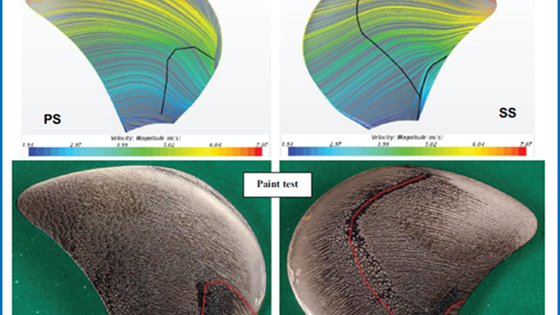
Full Scale Performance Prediction for Energy Efficient Ship Design.